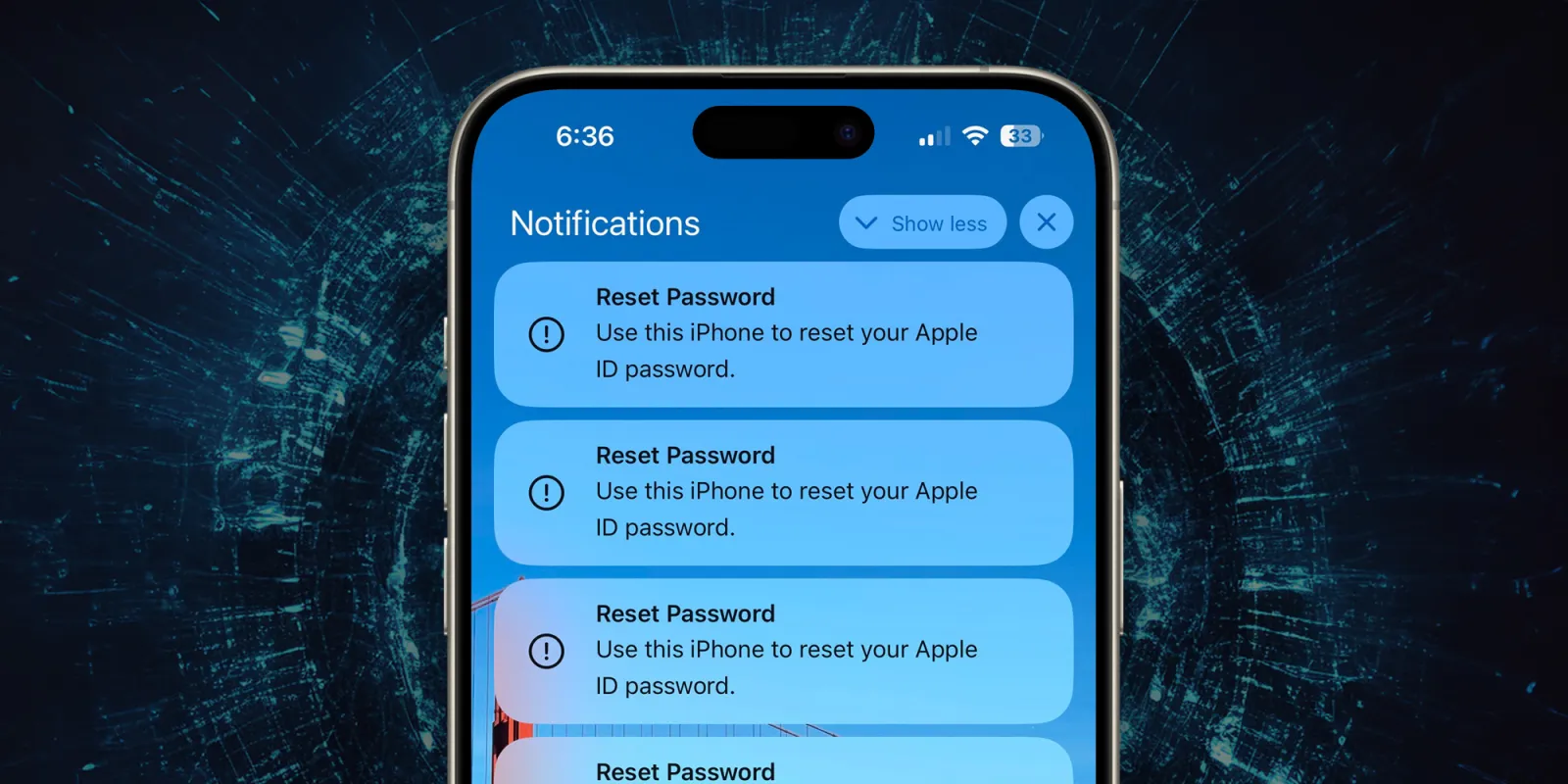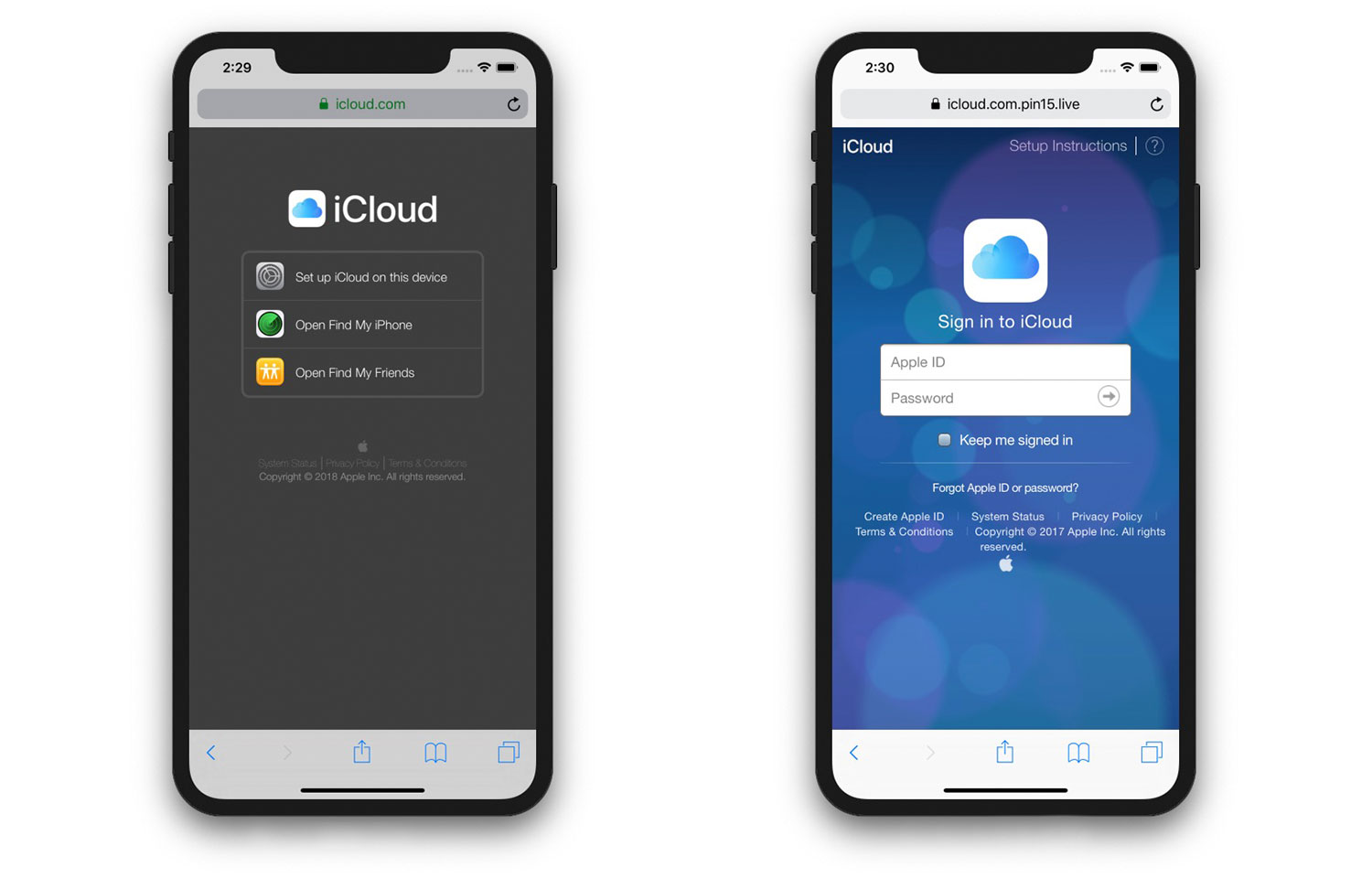As the shopping extravaganza of Black Friday looms, cybercriminals have ramped up their efforts, targeting over 2 billion users of Apple devices with sophisticated phishing schemes designed to steal personal information and financial details. Among these scams, a particularly alarming alert claims, “Your Apple ID is Suspended,” urging users to take immediate action—a classic hallmark of phishing attempts that prey on urgency and fear.

The Mechanics of the Scam
This scam operates by sending emails that mimic official Apple communication, both in appearance and tone, creating a facade that’s hard to distinguish from the real thing. Cybersecurity experts note that these emails often include convincing details such as urgent calls to action and warnings about suspicious activity or outright breaches of the user’s account. Jake Moore, a global cybersecurity advisor at ESET, emphasizes the cunning nature of these attacks: “Phishing scams like the Apple ID Suspended scheme are becoming increasingly prolific and under immediate urgency,” adding that “many people are still manipulated by the clever tactics used by criminal hackers.”
Apple’s Advice on Scam Protection
Apple itself has responded to the rise in fraudulent activities with clear guidance for its users. The tech giant advises skepticism towards any unexpected requests for personal information such as email addresses, phone numbers, passwords, or security codes. Highlighting a key precaution, Apple clarifies, “Apple will never ask you to log in to any website, or to tap Accept in the two-factor authentication dialog, or to provide your password, device passcode, or two-factor authentication code or to enter it into any website.”
Moreover, Apple stresses the importance of verifying the sender’s email address for discrepancies and avoiding suspicious links as these are common starting points for phishing scams. For users unsure about the authenticity of a message regarding their Apple ID, the company recommends visiting the official Apple website directly.

The iCloud Upgrade Scam: A Similar Threat
Adding to the complexity of cybersecurity threats, another scam known as the iCloud upgrade scam has been circulating via email and SMS, exploiting similar tactics as the Apple ID suspension alerts. These messages prompt users with warnings about nearly full iCloud storage or urgent issues needing immediate attention, leading to sites that mimic Apple’s login pages. Once there, users are prompted to enter their login credentials, unknowingly giving away access to their accounts.
Safeguarding Your Digital Identity
In light of these threats, adopting robust security measures is more critical than ever. Two-factor authentication remains a cornerstone of digital security, but Apple suggests considering newer methods such as the Apple Passkey, especially for users on the latest iOS versions. As we approach the high-spending days from Black Friday to Cyber Monday, being vigilant and cautious with personal information can help mitigate the risks of falling victim to these sophisticated scams.

The surge in phishing attacks targeting Apple users is a stark reminder of the persistence and evolution of cyber threats. By staying informed, verifying sources, and using advanced security settings, users can protect themselves against the manipulative tactics of cybercriminals eager to capitalize on the shopping season’s frenzy. Remember, when in doubt, go directly to the source and keep your digital life secure.










